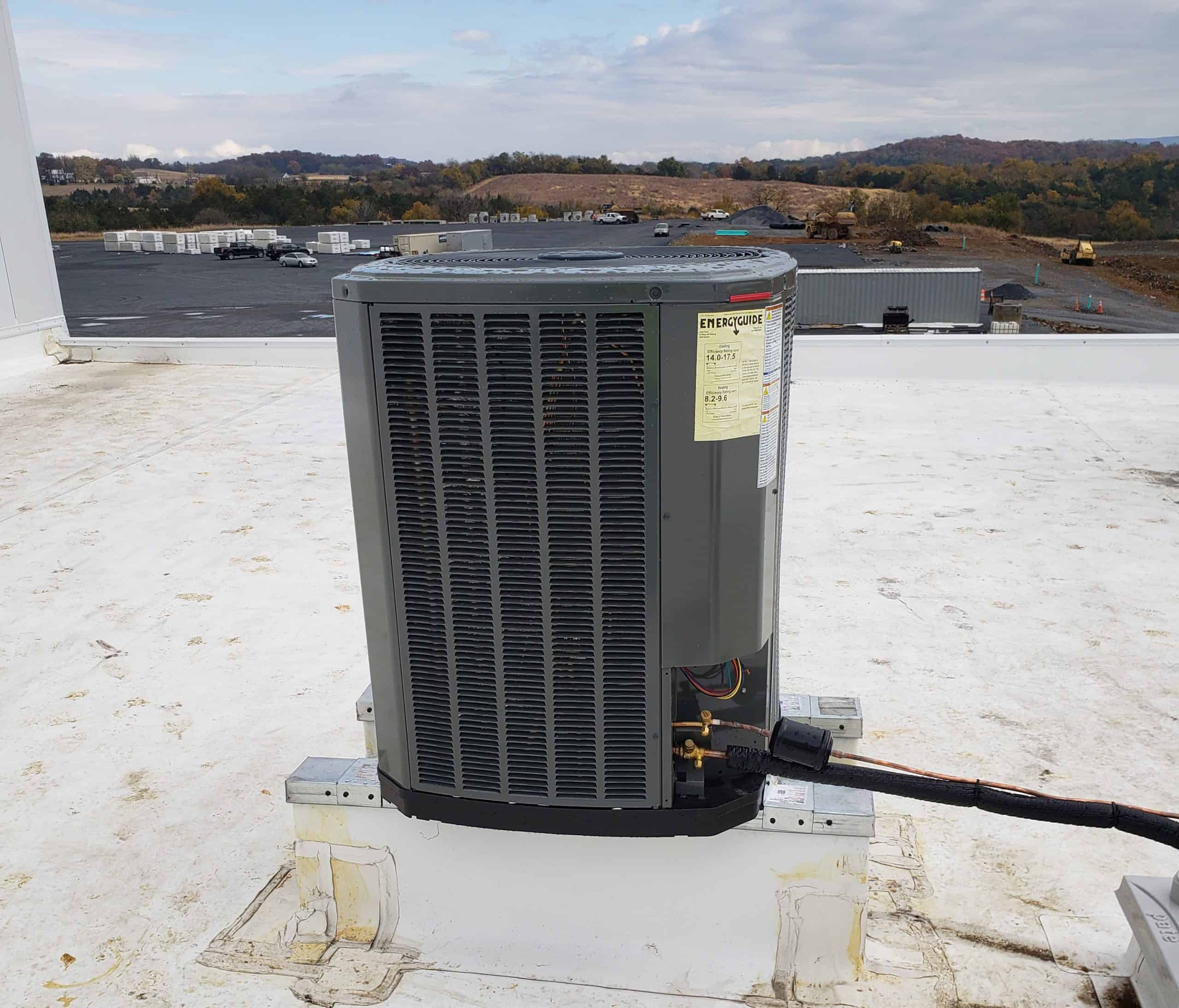When it comes to cooling and heating your home, there are several options to consider. Two popular choices are split systems and HVAC (heating, ventilation, and air conditioning) systems. Both options have their own advantages and drawbacks, and choosing the right one for your home can make a significant difference in terms of comfort, energy efficiency, and cost. In this article, we’ll compare split systems and HVAC systems to help you make an informed decision for your home.

Credit: www.rbiva.com
Split System
A split system, also known as a ductless mini-split system, consists of two main components: an outdoor compressor/condenser and an indoor air-handling unit. These components are connected by a conduit that houses the refrigerant tubing, power cable, and drain. The indoor unit is typically mounted on a wall and delivers conditioned air directly into the living space.
Advantages Of Split Systems
There are several advantages to choosing a split system for your home:
- Energy Efficiency: Split systems allow for zone cooling, meaning you can cool specific areas of your home, reducing energy waste.
- Installation Flexibility: Since there is no need for ductwork, split systems are ideal for homes that do not have existing duct systems.
- Quiet Operation: The indoor unit of a split system operates quietly, providing a peaceful indoor environment.
- Customizable Design: With a variety of indoor unit styles and options, you can choose a design that fits your home’s aesthetics.
Drawbacks Of Split Systems
Despite the advantages, split systems also have some drawbacks to consider:
- Upfront Cost: The initial cost of purchasing and installing a split system may be higher than other options.
- Professional Installation: Proper installation requires the expertise of a professional to ensure optimal performance.
HVAC System
An HVAC system is a centralized heating and cooling system that uses ductwork to distribute conditioned air throughout the home. It typically comprises a central furnace or heat pump, an air conditioner, and a network of ducts to circulate air.
Advantages Of Hvac Systems
Here are some advantages of choosing an HVAC system for your home:
- Whole-Home Comfort: HVAC systems can provide consistent heating and cooling throughout the entire home.
- Improved Indoor Air Quality: The use of filters and regular maintenance can help improve indoor air quality.
- Long-Term Cost Savings: While the upfront cost may be higher, HVAC systems are known for their long-term energy efficiency and cost savings.
Drawbacks Of Hvac Systems
It’s important to consider the following drawbacks of HVAC systems:
- Space Requirements: HVAC systems require space for ductwork, which may not be feasible for every home.
- Energy Loss: Ductwork can lead to energy loss through leaks and poor insulation, reducing overall energy efficiency.
- Noisy Operation: The operation of an HVAC system may produce more noise compared to a split system.
Choosing the Right Option
When deciding between a split system and an HVAC system for your home, it’s essential to consider your specific needs and the characteristics of your home.
If you prioritize energy efficiency, installation flexibility, and customizable design, a split system may be the right choice for you. On the other hand, if whole-home comfort, long-term cost savings, and improved indoor air quality are your top priorities, an HVAC system could be the better option.
To make an informed decision, it’s recommended to consult with a professional HVAC contractor who can assess your home and provide personalized recommendations based on your needs and budget.
Conclusion
Both split systems and HVAC systems have their own set of advantages and drawbacks. By understanding the key differences between the two options, you can make an informed decision that aligns with your specific requirements and preferences. Whether you choose a split system or an HVAC system, investing in the right cooling and heating solution can significantly enhance the comfort and livability of your home.
